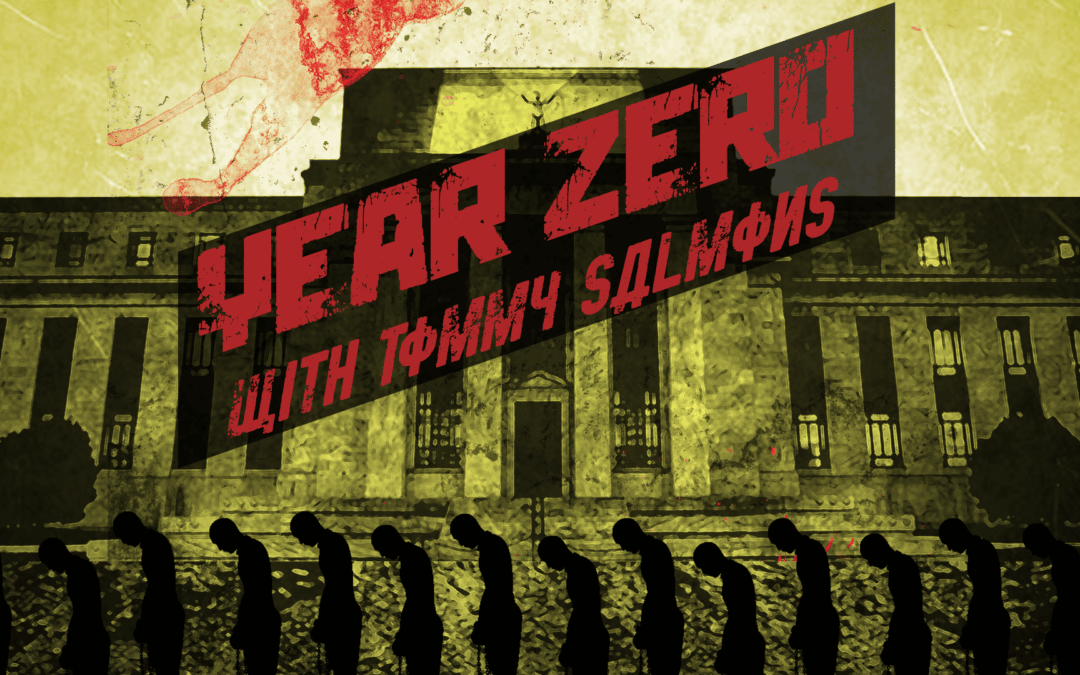“All this passionate praise of the supereminence of government action is but a poor disguise for the individual interventionist’s self-deification. The great god State is a great god only because it is expected to do exclusively what the individual advocate of interventionism wants to see achieved. Only that plan is genuine which the individual planner fully approves. All other plans are simply counterfeit. In saying ‘plan’ what the author of a book on the benefits of planning has in mind is, of course, his own plan alone. He does not take into account the possibility that the plan which the government puts into practice may differ from his own plan. The various planners agree only with regard to their rejection of laissez faire, i.e., the individuals’ discretion to choose and to act. They entirely disagree with regard to the choice of the unique plan to be adopted. To every exposure of the manifest and incontestable defects of interventionist policies the champions of interventionism react in the same way. These faults, they say, were the results of spurious interventionism; what we are advocating is good interventionism, not bad interventionism. And, of course, good interventionism is the professor’s own brand.
“Laissez faire means: Let the common man choose and act; do not force him to yield to a dictator.”
—Ludwig von Mises, Human Action












